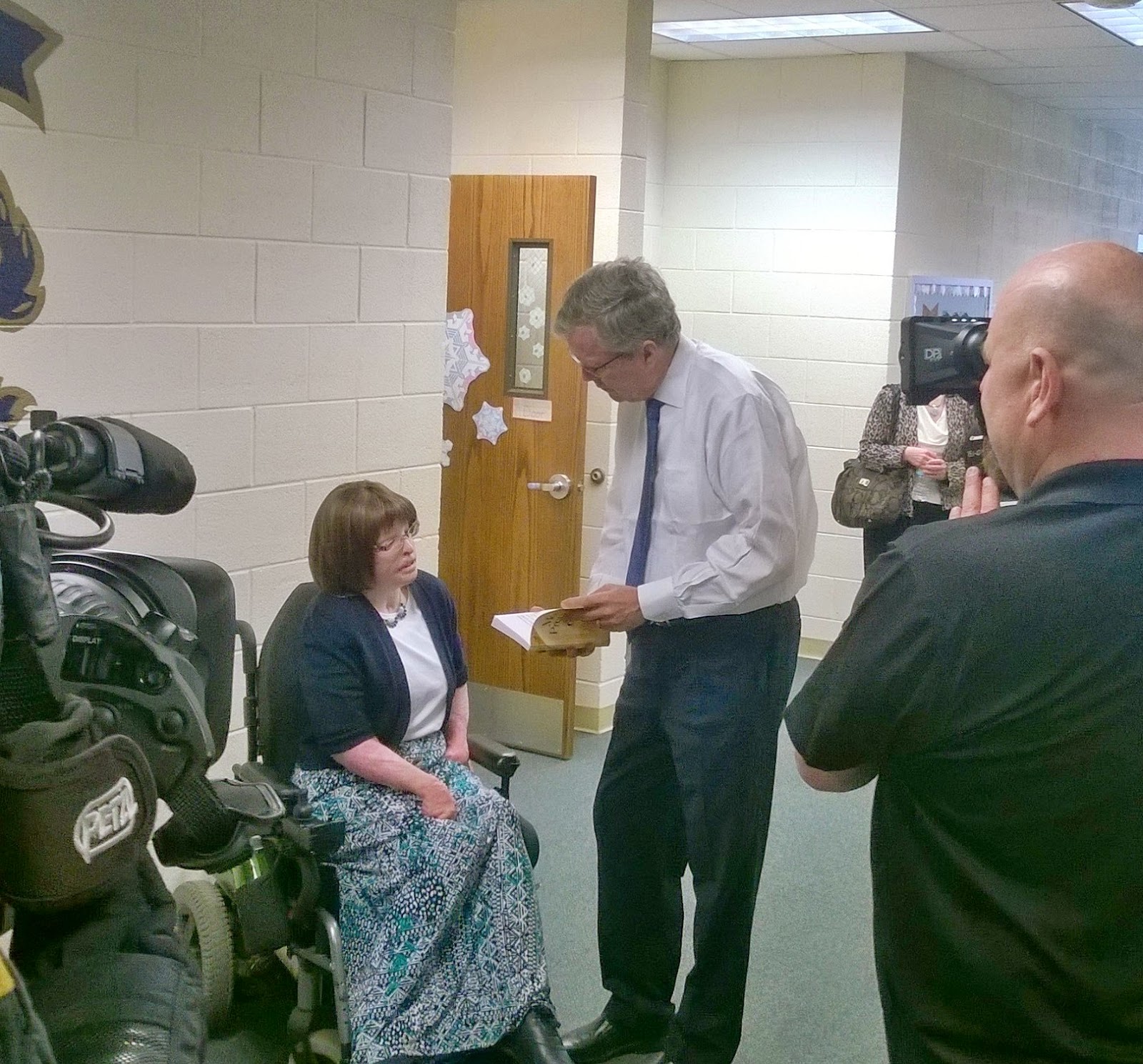Over the last few weeks, the gloves have come off in South Carolina with environmental activists pushing hard on local governments to enact resolutions opposing offshore energy exploration in the Palmetto State. They are even pushing to oppose the safe, new mapping of the resources so we know what’s actually off our coast!
This refusal to deal in reality comes as no surprise to those of us who have watched environmental extremists engage in misleading campaigns to stop the Keystone Pipeline, drilling on Alaska’s North Slope and countless other job creating American energy projects.
On Thursday, U.S. Representative Jeff Duncan took to the pages of The State to set the record straight…and to share why offshore energy exploration is a generational opportunity for South Carolina’s future:
“Discovering vast quantities of oil and gas reserves would be a blessing for the citizens of South Carolina. Our strategic location transforms the arrival of the American energy renaissance off our shores, into an economic renaissance for all of our people.
This refusal to deal in reality comes as no surprise to those of us who have watched environmental extremists engage in misleading campaigns to stop the Keystone Pipeline, drilling on Alaska’s North Slope and countless other job creating American energy projects.
On Thursday, U.S. Representative Jeff Duncan took to the pages of The State to set the record straight…and to share why offshore energy exploration is a generational opportunity for South Carolina’s future:
“Discovering vast quantities of oil and gas reserves would be a blessing for the citizens of South Carolina. Our strategic location transforms the arrival of the American energy renaissance off our shores, into an economic renaissance for all of our people.
The federal Bureau of Ocean Energy Management has released its five-year plan, which opens the South Atlantic region to one lease sale for energy development. It also defines an area of sale outside a 50-mile buffer zone for any resource drilling or exploration. It will take public comments through Monday.
The bureau should note that a January Harris Poll showed 75 percent of South Carolinians favor domestic oil and gas production, while just 12 percent oppose such measures. Studies have projected that offshore oil and gas development could create tens of thousands of S.C. jobs over two decades, while injecting $2.7 billion into the economy. Such a boost in economic activity could generate more than $80 million annually in new state revenue, creating a critical boost in revenue for infrastructure investments. As current revenue plans only increase taxes on hard-working citizens, no wonder South Carolinians support energy development; it just makes sense.
Opponents of energy production have recently taken aim at seismic surveys, which use “sound sources” to provide 3D maps of potential oil and gas reserves under the sea bed. The data provides critical new insights into geologic activity under the ocean for scientists.
Interestingly, some groups claim seismic surveying is directly linked to deaths among marine mammals.
The criticism has political undercurrents gradually stirred amidst the discussion of whether to produce energy off our coasts. It is a particularly surprising tactic given the clear lack of scientific evidence provided to support the arguments. In fact, senior U.S. government officials have testified under oath, and also stated on the bureau’s website, that there is not a single recorded instance of a marine mammal being injured or killed by seismic surveys. Ocean Energy Management Director Abigail Hopper concurred with these statements at an Energy and Mineral Resources Subcommittee this month.
The criticism has political undercurrents gradually stirred amidst the discussion of whether to produce energy off our coasts. It is a particularly surprising tactic given the clear lack of scientific evidence provided to support the arguments. In fact, senior U.S. government officials have testified under oath, and also stated on the bureau’s website, that there is not a single recorded instance of a marine mammal being injured or killed by seismic surveys. Ocean Energy Management Director Abigail Hopper concurred with these statements at an Energy and Mineral Resources Subcommittee this month.
Discovering vast quantities of oil and gas reserves would be a blessing for the citizens of South Carolina. Our strategic location transforms the arrival of the American energy renaissance off our shores, into an economic renaissance for all of our people.
The future is not something we can predict; we can only prepare. Economic ingenuity is an immeasurable and beautiful feature of humanity carefully cultivated in a state of liberty. The path toward prosperity is illuminated by a free-market framework, and it leads just over the horizon."





